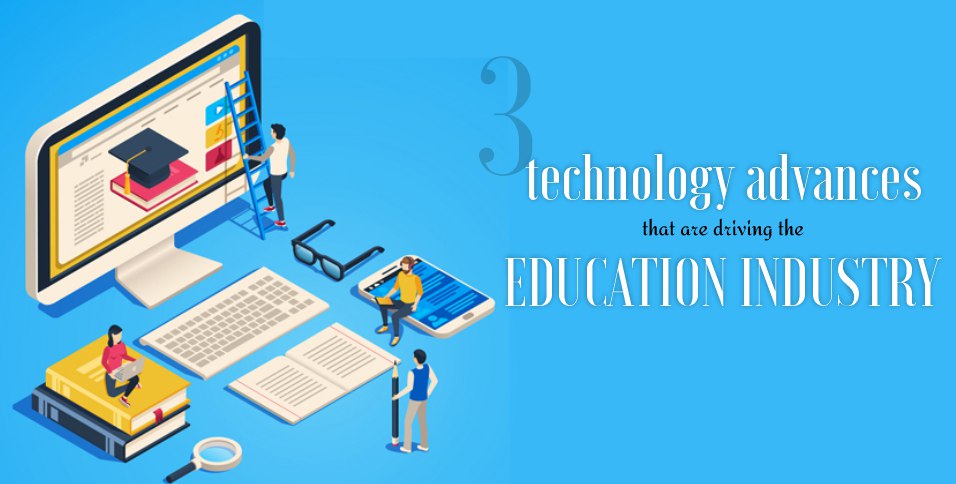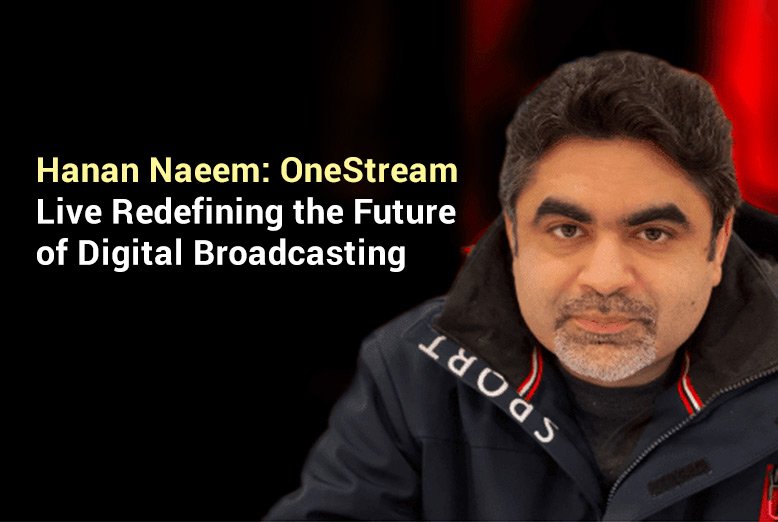Technology has completely revolutionised the education industry, providing students and educators with access to resources and tools that were once unimaginable.
Driven by award-winning ed tech companies, technology has opened new doors to learning and teaching, from interactive whiteboards and virtual field trips to online courses and learning management systems.
In this article, technological advances that are driving the education industry are discussed.
Artificial Intelligence (AI)
Artificial Intelligence (AI) allows machines to perform tasks that need human intelligence, such as learning, problem-solving, and decision-making. AI improves student learning outcomes, increases efficiency, and personalises learning in the education industry.
One of AI’s most significant applications in education is adaptive learning. Adaptive learning systems use AI algorithms to analyse student performance data and provide personalised feedback and recommendations. This allows students to study at their own pace, with content and activities tailored to their needs and learning styles.
Another application of AI in education is chatbots. They are computer programs that simulate human conversation and are used in education to provide personalised support and assistance to students. For example, chatbots can answer questions about course content, provide feedback on assignments, and offer study tips.
AI is also being used to develop educational software and digital content. For example, AI can create simulations and games that provide students with interactive and engaging learning experiences. Additionally, AI can be used to analyse student data to identify learning patterns and develop more effective teaching strategies.
Virtual and Augmented Reality
Virtual and Augmented Reality (VR and AR) create immersive, three-dimensional experiences for users. In the education industry, VR and AR are being used to provide students with virtual field trips, simulations, and interactive learning experiences.
With VR and AR, students can visit historical sites, explore different cultures, and even travel through space, all from the comfort of their classroom. This provides students with a more engaging and immersive learning experience and eliminates traditional field trips’ logistical and financial barriers.
VR and AR are also being used to provide students with simulations and training experiences. For example, medical students can use VR to practise surgical procedures, and engineering students can use AR to visualise and manipulate complex machinery.
Learning Management Systems
Learning Management Systems (LMS) are software applications that allow educators to create, manage, and deliver educational content and activities. LMS is used in education to increase efficiency, facilitate collaboration, and personalise learning.
One of the primary benefits of LMS is that they allow educators to easily create and manage digital content, such as online courses, quizzes, and assignments. This makes it easier for educators to deliver content to students and allows students to learn at their own pace.
Using an LMS facilitates collaboration between students and educators. For example, LMS can include discussion forums and other collaborative tools that allow students to work together on assignments and projects.
Finally, LMS is being used to personalise learning. With LMS, educators can track student progress and use data to provide personalised feedback and recommendations. This allows educators to identify areas where students are struggling and provide targeted support and resources to help them succeed.
Conclusion
Technology is transforming the education industry in ways that were once unimaginable. With the advent of AI, VR, AR, and LMS, students and educators can access resources and tools that improve learning outcomes and increase efficiency. While these technologies are still in their early stages, they have the potential to revolutionise the way we teach and learn. As technology advances, one can expect to see even more innovations that will shape the future.
ALSO READ: The Invention of Telescope: Beginning of a New Era in Space Research













